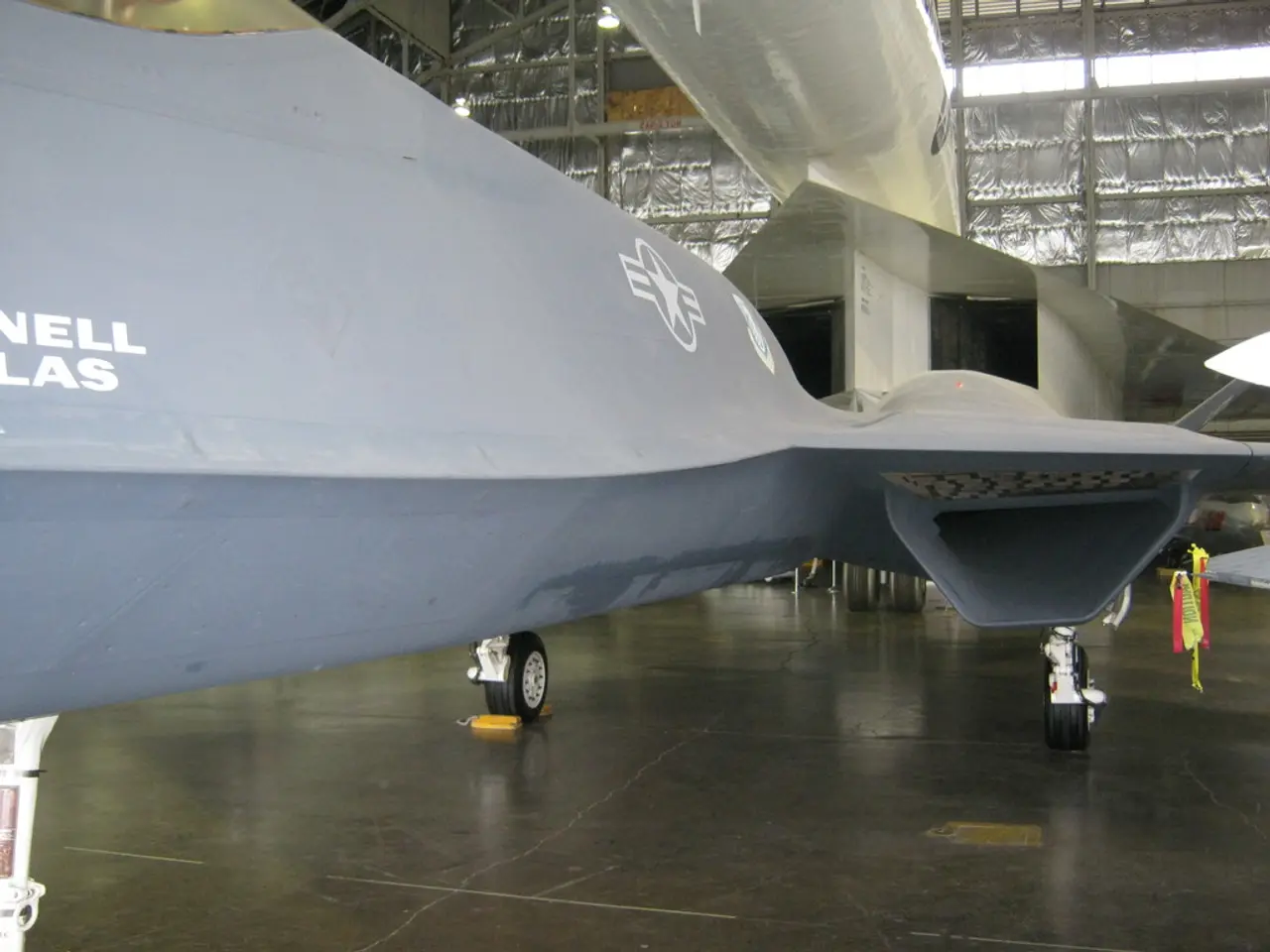Power banks in the UAE pose a risk of fire and explosions, warn local experts from Emirates.
Power banks, popular portable charging devices, are often restricted or banned on flights due to safety risks associated with lithium-ion batteries. The primary concern revolves around a dangerous condition known as thermal runaway, which can occur when these batteries are damaged, overcharged, or poorly manufactured. Thermal runaway is a self-sustaining, rapid increase in temperature within the battery, potentially leading to fires, explosions, smoke, and the release of toxic gases onboard planes [1][3][5].
Recent in-flight incidents underscore the severity of these risks. A KLM flight over the Atlantic was filled with smoke due to a power bank igniting, necessitating emergency crew action [1]. Hawaiian Airlines declared an emergency after a phone emitted electrical smells [1]. A Virgin Australia flight suspected a power bank fire in an overhead bin during descent [1].
Given the small size and significant power of lithium-ion batteries, coupled with their safety risks when mishandled, airlines and aviation regulators have implemented strict rules. Power banks are generally allowed only in carry-on baggage and banned from checked luggage to ensure quick crew access and response to fires [2]. Some airlines, like Emirates, prohibit the use of power banks onboard entirely from October 2025 to reduce in-flight risk, though passengers may still carry them in accessible locations [3][4][5]. Airlines also require power banks to be visible at all times while charging, banning charging inside bags or overhead bins to detect potential problems early [1].
The root cause of the issue lies in some power banks lacking advanced overcharge protection systems, increasing the likelihood of overheating compared to built-in phone batteries, which have internal safeguards [5].
In summary, power banks pose a fire hazard due to the potential for lithium-ion battery thermal runaway, which can cause emergencies onboard aircraft. Airlines restrict or ban their use during flights to ensure safety and enable quick crew response to any incidents, reflecting tightened global aviation safety standards [1][3][5].
Passengers are advised to invest in good quality power banks with international certifications, store them correctly when taking them on a plane to prevent overheating, and conduct a thorough visual inspection before using them, checking for visible damage, unusual odours, or excessive heat. It is also essential to be mindful of potential causes of overheating, such as direct sunlight, poor ventilation, overcharging, or physical damage.
In 2024, the US Federal Aviation Administration (FAA) recorded an average of three incidents every two weeks involving overheating lithium batteries on planes worldwide [4]. Low-quality power banks manufactured in various countries can pose a significant danger during flights, and some power banks lack rigorous safety testing to prevent overheating or fire.
As a response to the increasing number of incidents, airlines have been updating their rules regarding lithium batteries. Some power banks are now being produced without lithium-ion batteries, using alternatives like nickel-metal hydride, alkaline batteries, and capacitors.
Effective from October 1, power banks have been banned from use during all Emirates Airlines flights [3]. Airlines have also banned power banks from checked-in luggage due to the potential for early detection and rapid intervention by cabin crew in case of overheating.
A notable incident occurred with Air Busan, which restricted power banks in overhead cabin bins after a plane caught fire, thought to be caused by a power bank overheating [2]. Thermal runaway can result in an explosion, toxic gas release, and open flames with temperatures over 1,000°C [1]. Early detection allows rapid intervention from the cabin crew, minimizing risks and limiting potential damage.
- The use of power banks onboard Emirates Airlines flights was banned from October 2024 due to safety concerns associated with lithium-ion batteries.
- Airlines are urging passengers to invest in good quality power banks with international certifications to prevent overheating incidents on planes.
- Low-quality power banks, particularly those manufactured without rigorous safety testing, can pose a significant danger during flights, leading to thermal runaway.
- Power banks are generally allowed only in carry-on baggage and banned from checked luggage to ensure quick crew access and response to fires.
- Airlines have begun producing power banks without lithium-ion batteries, using alternatives like nickel-metal hydride, alkaline batteries, and capacitors, to reduce the risk of thermal runaway.




